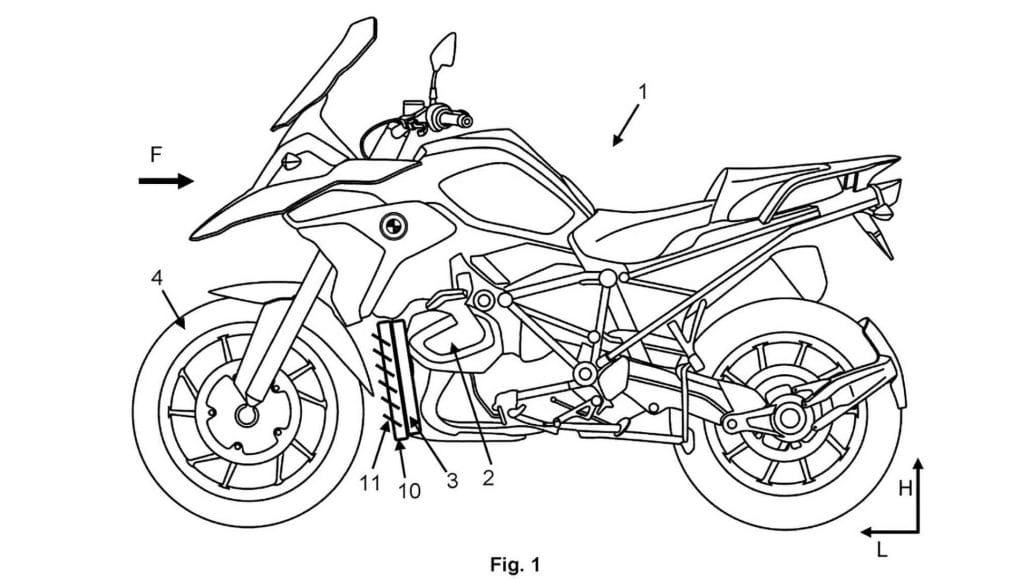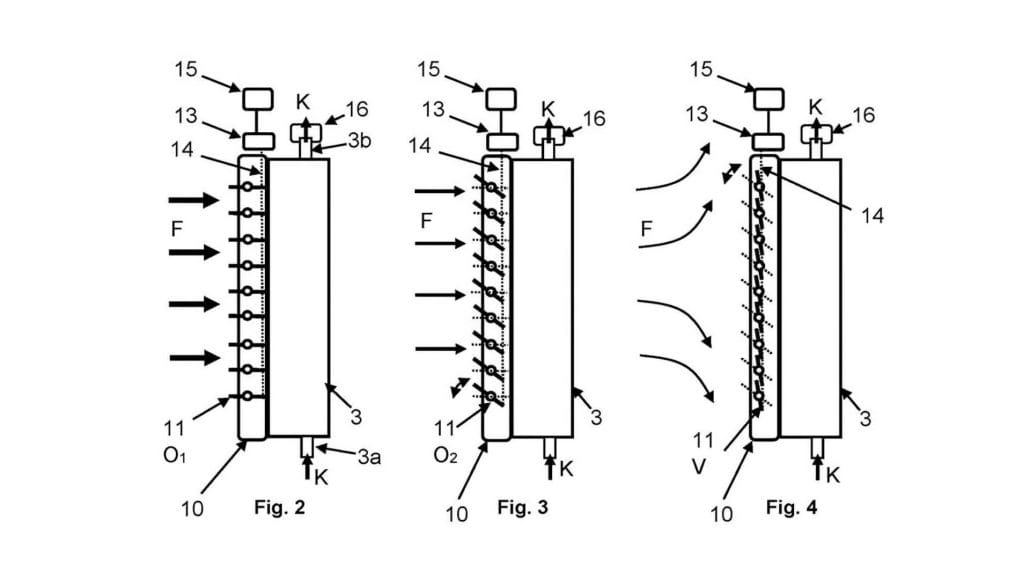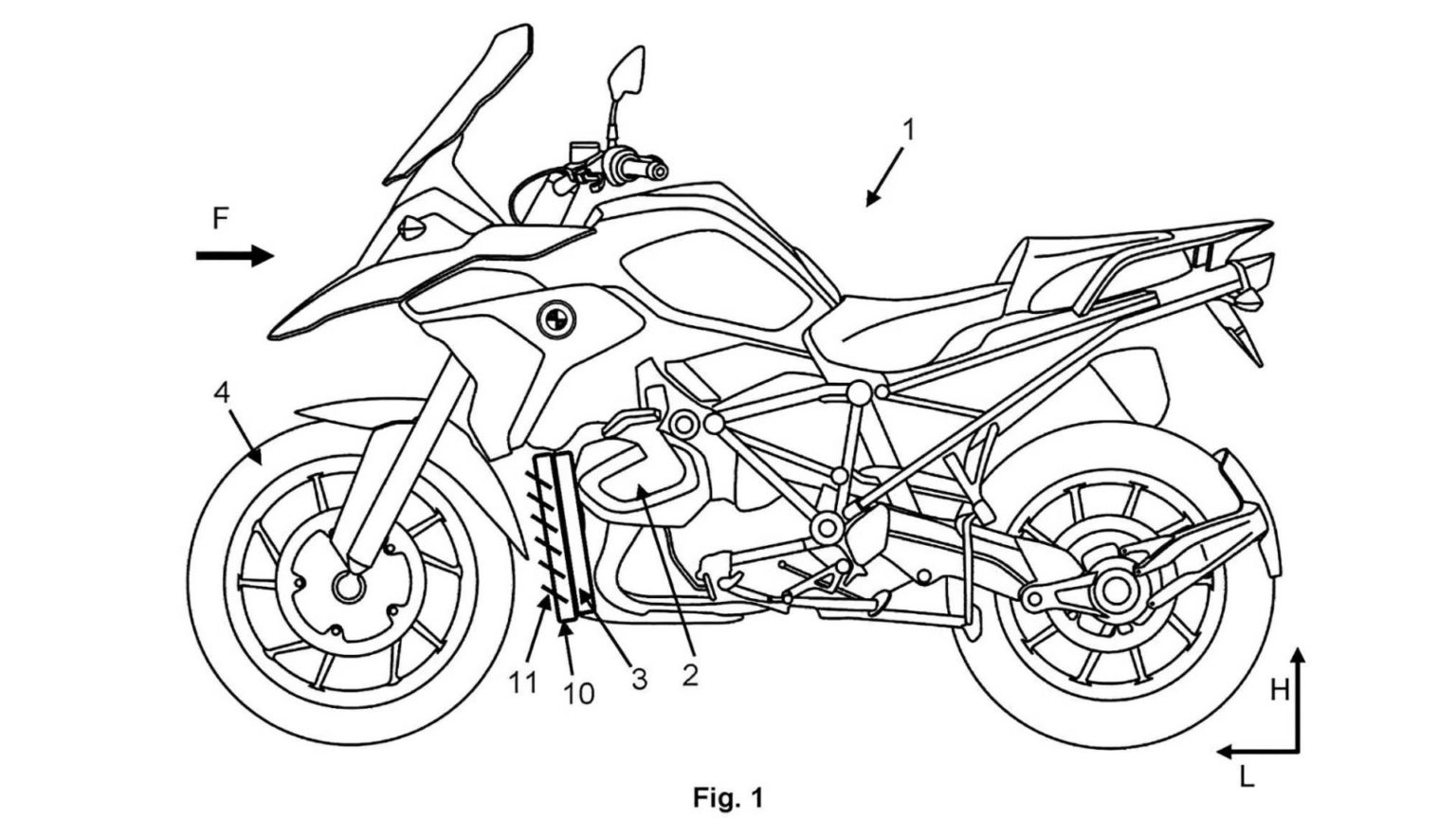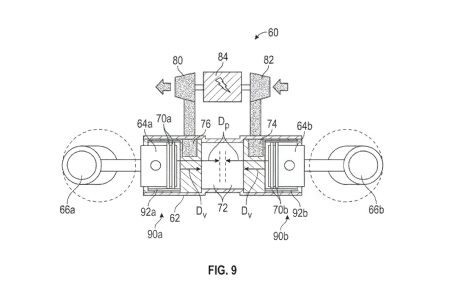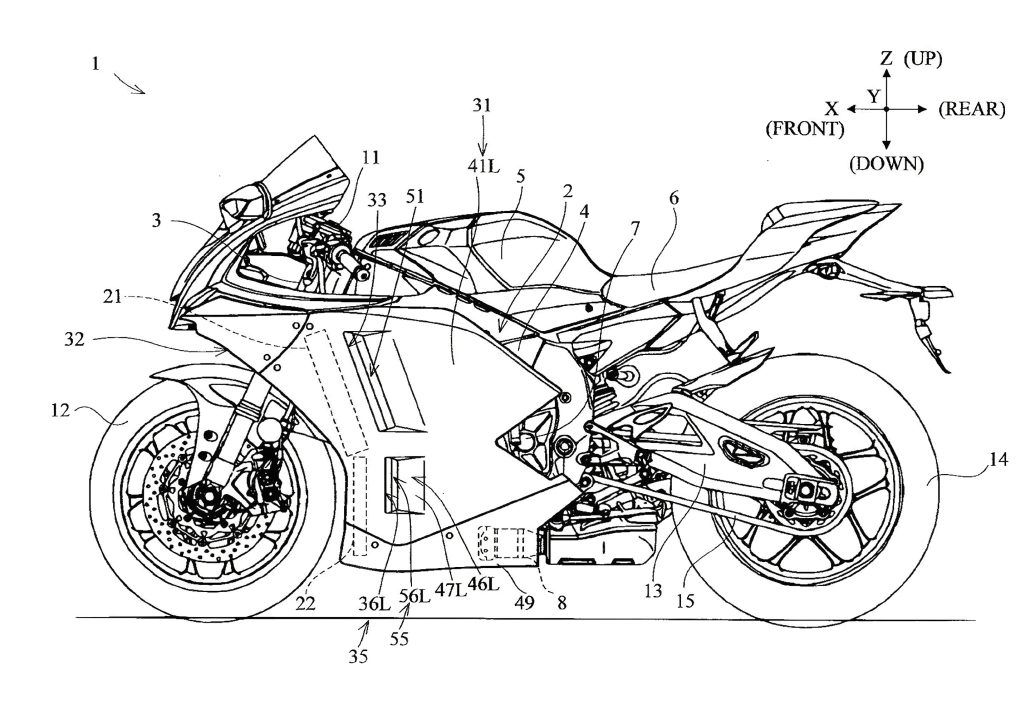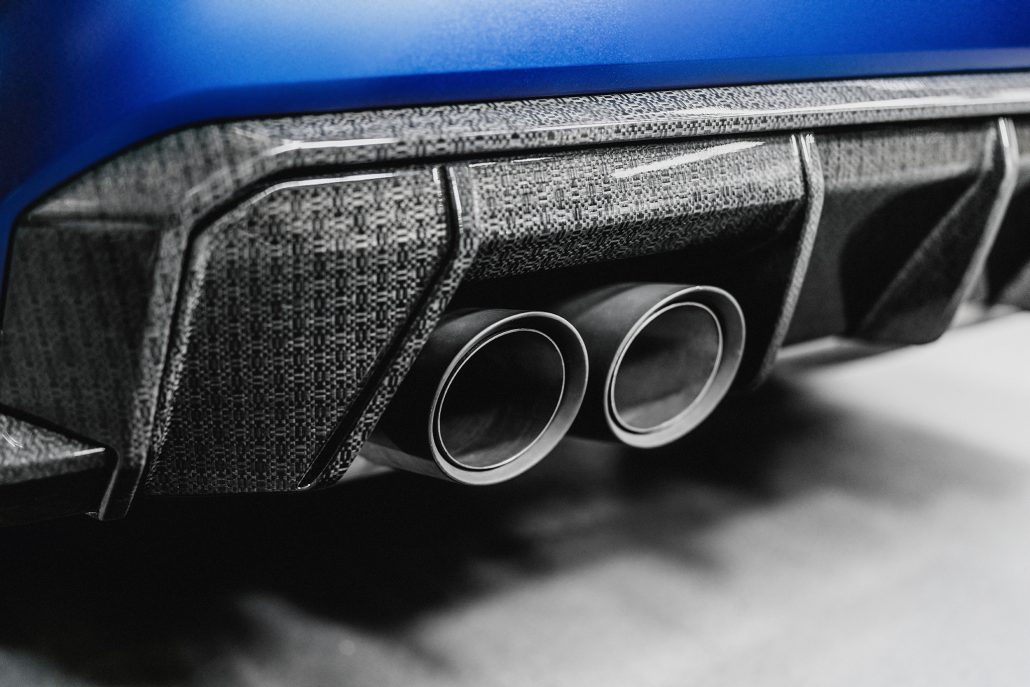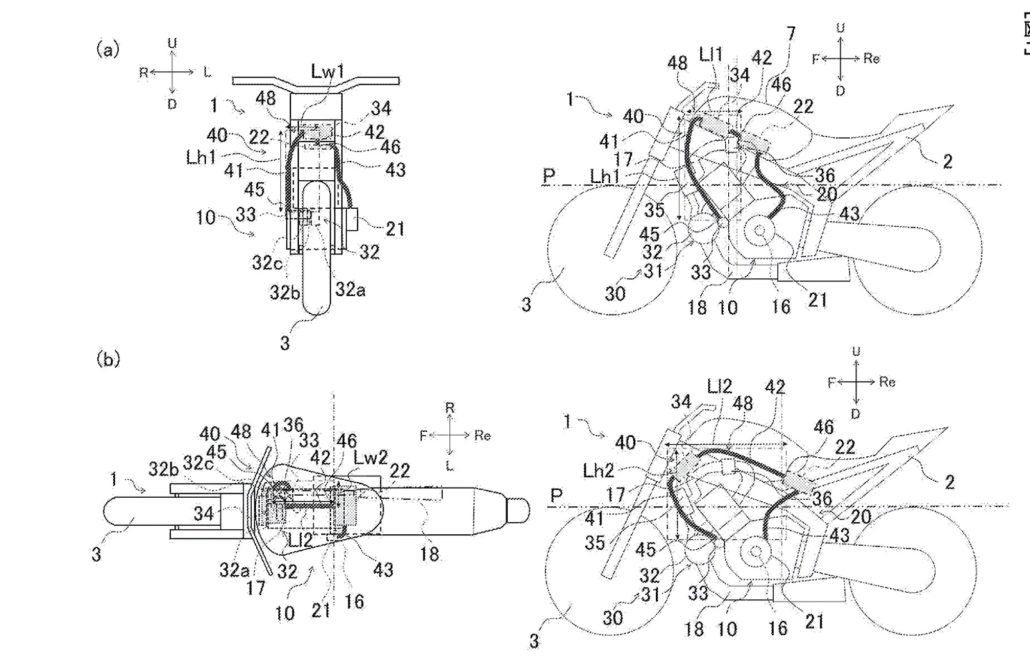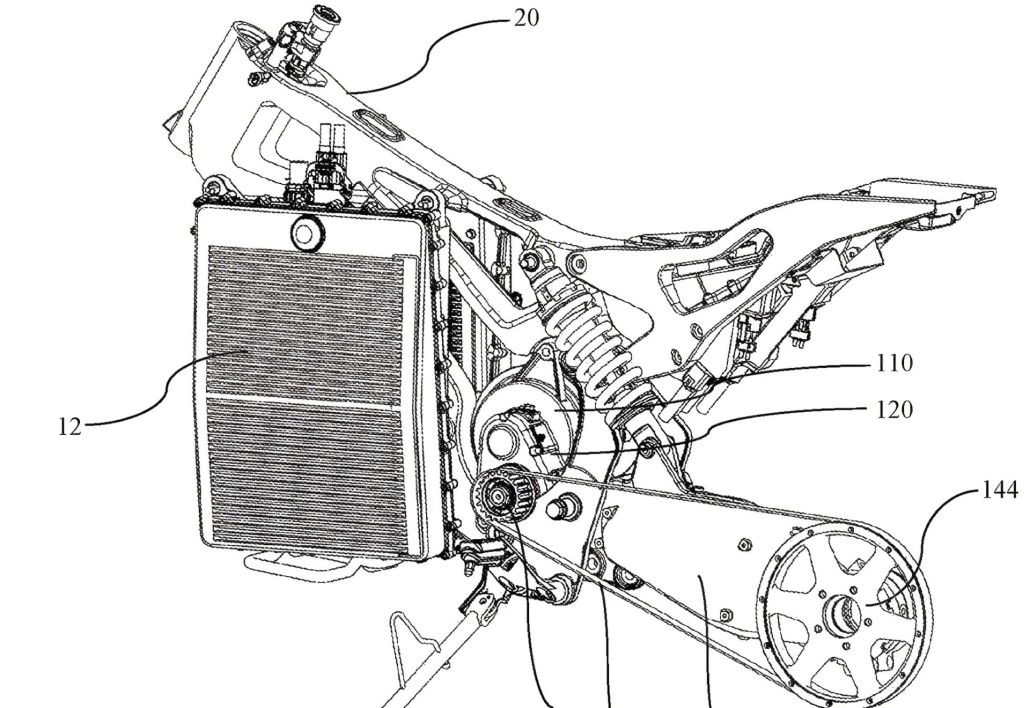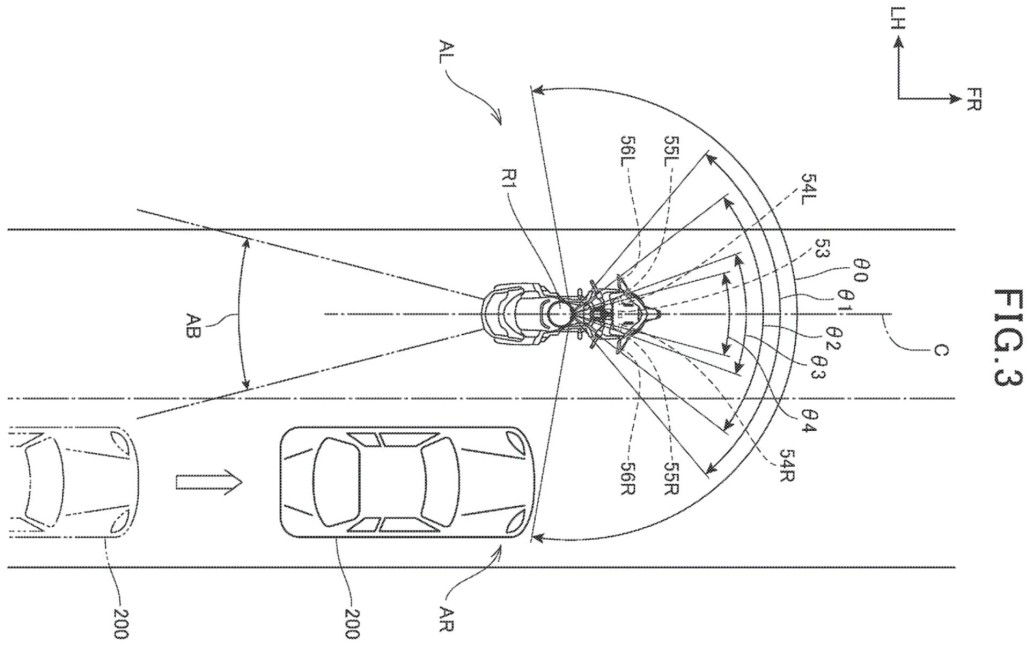BMW has filed a new patent for adaptive cooling for motorcycles that could enable improved motorcycle aerodynamics and efficiency. As on many modern BMW cars, the main air intakes are covered by movable closure devices when maximum cooling is not required. BMW plans to apply this concept to motorcycles as well.
Problem:
The patent application describes that motorcycle radiators are designed to receive as much airflow as possible to achieve optimal cooling performance. This results in a detrimental effect on aerodynamics because the radiator is an aerodynamic obstacle.
Solution:
The BMW air intake system can be opened or closed as needed. After the air-intake system is closed, the air is directed around the radiator, which should reduce drag and inefficiency. The servo motor synchronizes the louvers with the engine’s cooling needs and adjusts the opening as needed.
How it works:
The newly filed BMW patent application describes a “tilting vehicle with a cooling arrangement, with a movable air guiding device.” The closure system is located in front of the radiator of a liquid-cooled boxer engine. It is intended to provide cooling for a high-performance engine as well as improved aerodynamics when the engine is not operating at full load.
Implementation:
BMW already produces actively controlled cooling devices for millions of vehicles in the passenger car sector. Transferring this to motorcycles should not be too much of a challenge if the benefits prove to be as significant as the patent application suggests. The illustrations in the patent application show a BMW GS boxer adventure bike, which could be an indication that the system could already be used in the upcoming GS 1300. On the other hand, it is also the case that patent applications are no guarantee that the patent will actually be implemented in a production model.
Conclusion:
BMW’s adaptive cooling could be a promising technology for the future of motorcycles. It could increase the efficiency of motorcycles on demand and make future motorcycles more environmentally friendly and energy efficient.


- Michelin Pilot Power 2CT 190/50 R1773W Sommerreifen
